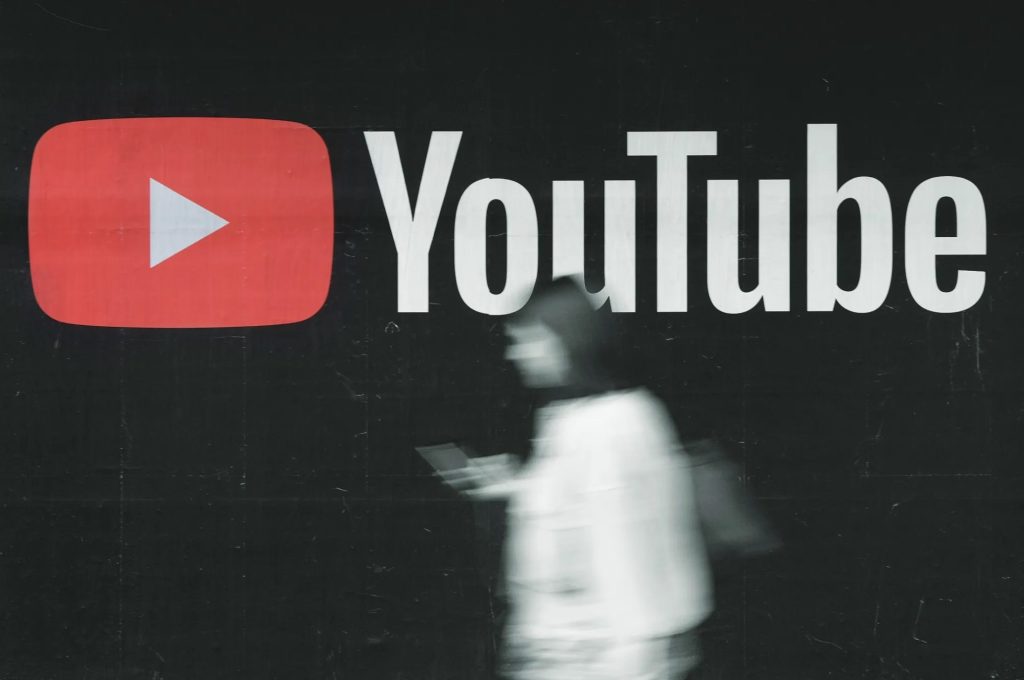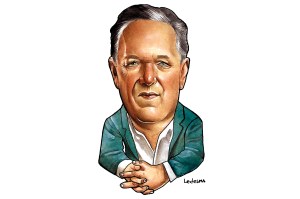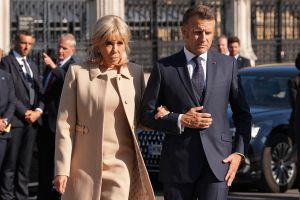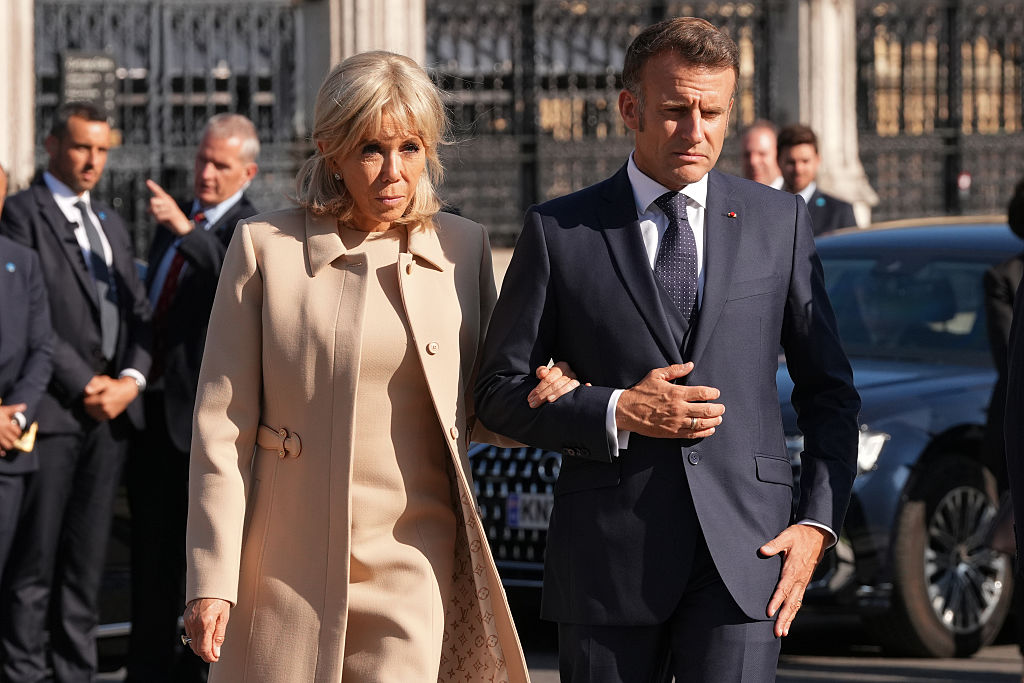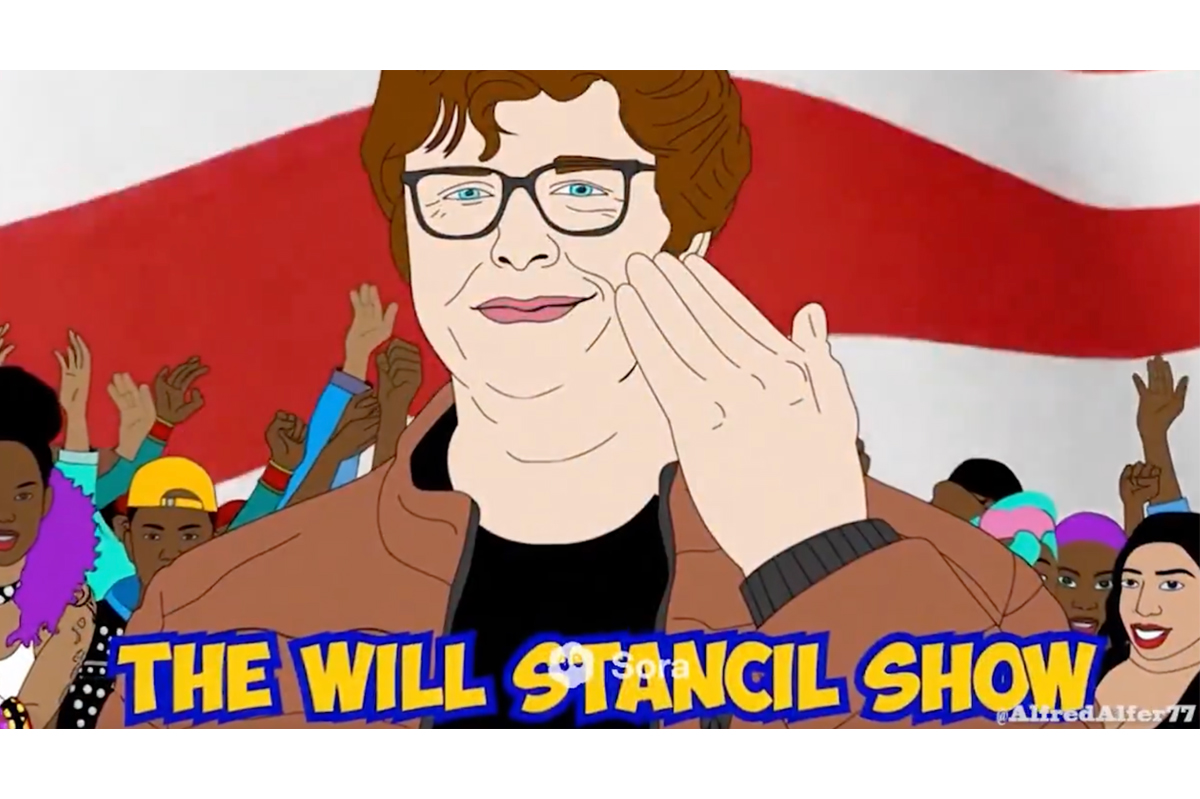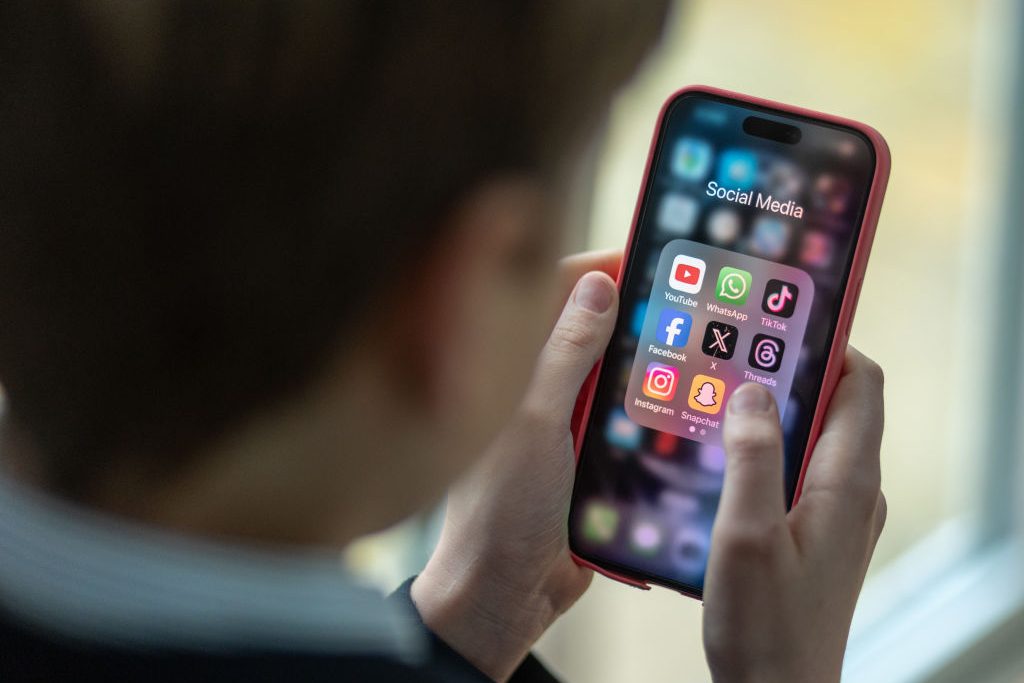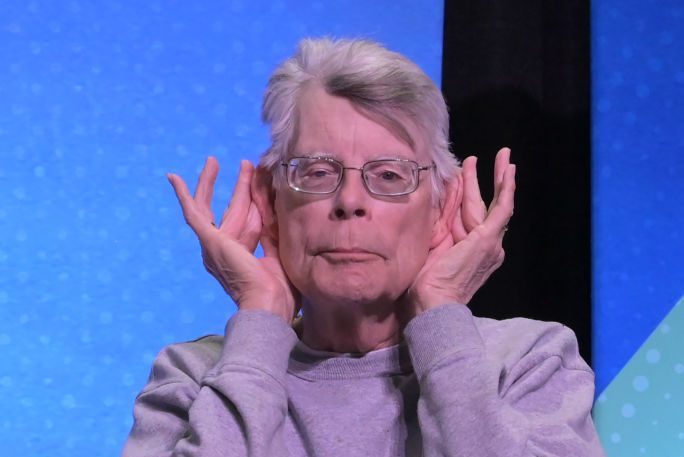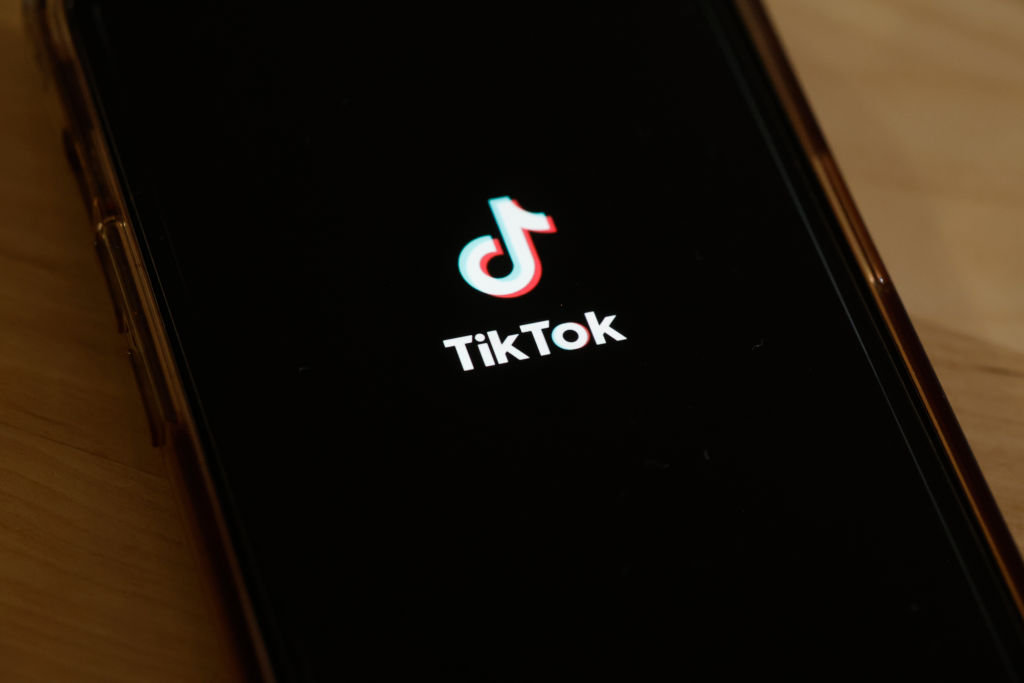The day after Mark Zuckerberg said fact-checkers “have destroyed more trust than they have created” I experienced why he has a point. I had done an interview with an evolutionary psychology podcaster, Paula Wright, about the origin of Covid. In it I said something that caused the entire interview to be banned from YouTube. Wright’s appeals were rejected.
Some ill-informed, possibly underpaid, definitely over-confident youth at YouTube banned my remark
What had I said that was so offensive? Was it a lie, a conspiracy theory, a mistake, defamation? No, it was a statement of historical fact that has been confirmed and agreed by mainstream scientific bodies, including the World Health Organization. Namely, that in 1977 a worldwide flu outbreak was almost certainly caused by a mistake at a Chinese flu vaccine laboratory that resulted in an inadequately inactivated live flu virus being given as a vaccine to military recruits.
This was the conclusion, in 2015, of an investigation into the episode by Dr Michelle Rozo and Dr. Gigi Kwik Gronvall at the Center for Health Security in Baltimore, Maryland. Their result was confirmed by Dr. C.M. Chu, a former director of the Chinese Academy of Medical Sciences, who told a fellow scientist: “The introduction of this 1977 H1N1 virus is now thought to be the result of vaccine trials in the Far East involving the challenge of several thousand military recruits with live H1N1 virus.”
The existence of this theory is — how shall I put it? — a fact. Yet YouTube’s fact-checkers decided that my citing this fact “violated community guidelines” and posed “a serious threat of egregious harm by spreading misinformation about currently administered vaccines.” Some ill-informed, probably underpaid, definitely over-confident youth, working in YouTube’s dungeons, took one look at my remark and banned it based entirely on the arrogance of his or her own ignorance.
Contrast that with what happens on X, the artist formerly known as Twitter. Readers who think something is factually wrong contribute a corrective note that other readers then vote on. A false accusation that something is false is soon exposed to ridicule. It is a bottom-up process that harnesses the wisdom of the crowd. There’s a word for that: oh yes, “democracy.” Friedrich Hayek pointed out decades ago that most information is distributed among people in society, not held in the head of one elite expert. But the paid fact-checking profession is based on the myth of the omniscient elite, the conceit that they don’t themselves need fact-checking, and a belief that hoi polloi cannot be trusted with the truth. There’s a word for that too: oh yes, “censorship.”
The fact-checking industry expanded after Donald Trump’s first election in 2016, motivated by a determination among journalists to ensure that the public never fell for lies. From the start it was contaminated by political bias. I recall a conversation with a New York-based editor in 2016 who told me that the time had come for the media to stop informing the public and start telling them what to think instead. She expected me to agree. Most “moderators” and fact-checkers are blatantly biased in both what they choose to fact-check and the conclusions they reach.
BBC Verify, for example, with sixty-one staff and a budget in excess of $4 million, not only far prefers hunting down right-wing myths to left-wing ones but makes so many mistakes that around 5 percent of its own stories already carry corrections. During last summer’s riots, for instance, it ran a story about a car full of Asian men having been attacked by white men, later posting shamefacedly: “An earlier version of this article identified the men in the car as of Asian heritage. Humberside Police has since told the BBC they are eastern European.”
Back in the old days, before the internet, pre-publication fact-checkers were notoriously pedantic, especially on American magazines. One called Eric drove me up the wall for several weeks in the 1990s with petty enquiries about trivia in a single article: “You say the sun rose in the east that day,” he (almost) said. “How do you know that?” But at least they checked facts rather than just imposed dogmas. (The Spectator’s fact-checkers are excellent and have saved me from several errors over the years.) I fear that the corruption of the fact-checking industry into a censorship industry has now discredited the whole idea of fact-checking, which is a lethally dangerous thing to have done.
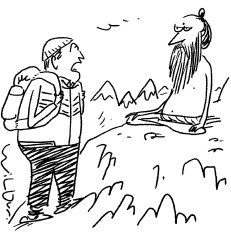
For more than a year during the pandemic, Facebook refused to allow any user even to speculate about whether Covid leaked from a lab, relying on a debunking article by “Politifact,” which in turn relied on one flimsy paper that we now know was written by people who secretly suspected the opposite of their own conclusions. Emails released by Congress reveal that Facebook responded cravenly to constant pressure from Joe Biden’s White House to censor critical posts, with British retired politician Nick Clegg telling colleagues at one point that Facebook should try to be “responsive… given the bigger fish we have to fry with the administration.” On another occasion Clegg tried to placate the angry White House after it demanded a video be banned by reassuring them that at least the clip had received “50 percent demotion for seven days.”
I am pro-vaccine, but by far the quickest way to boost the anti-vaccine movement is to suppress true stories about vaccinations that went wrong. YouTube belongs to Google, which has yet to follow X and Meta into democratic fact-checking. The tech investor Peter Thiel sees Zuckerberg’s conversion to bottom-up fact-checking as part of the old guard’s war on the internet — and the internet is winning.
As we were going to press, the podcast was reinstated on YouTube without comment.
Matt joined The Spectator’s Edition podcast, alongside The Spectator’s very own fact-checkers Sam McPhail and Michael Simmons, to discuss the world of fact-checking further:



